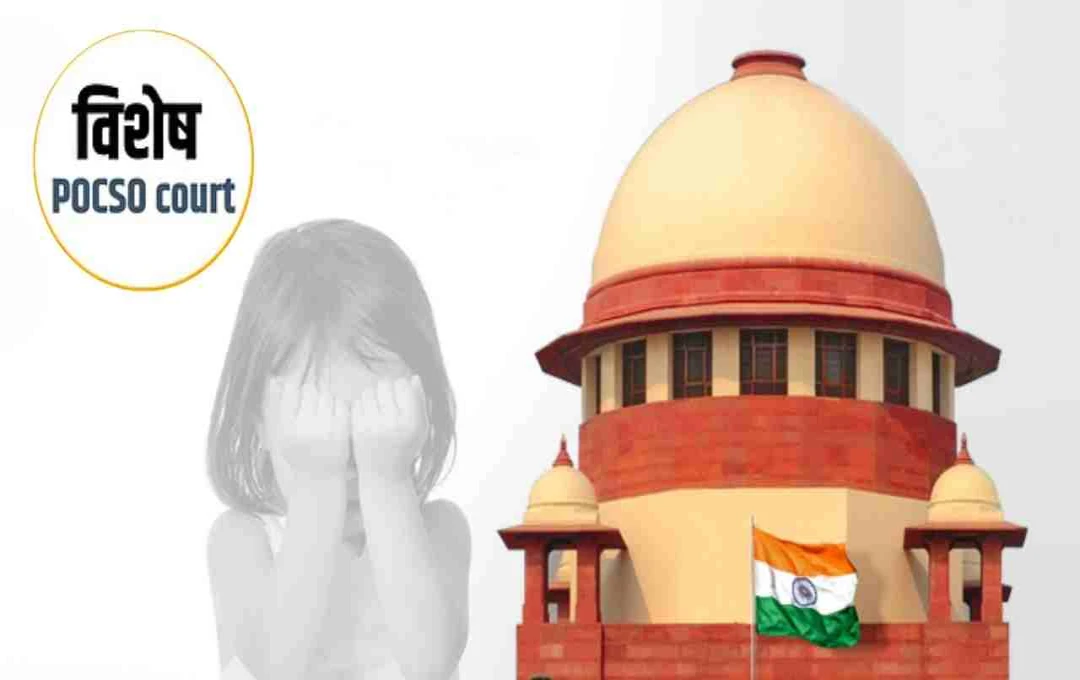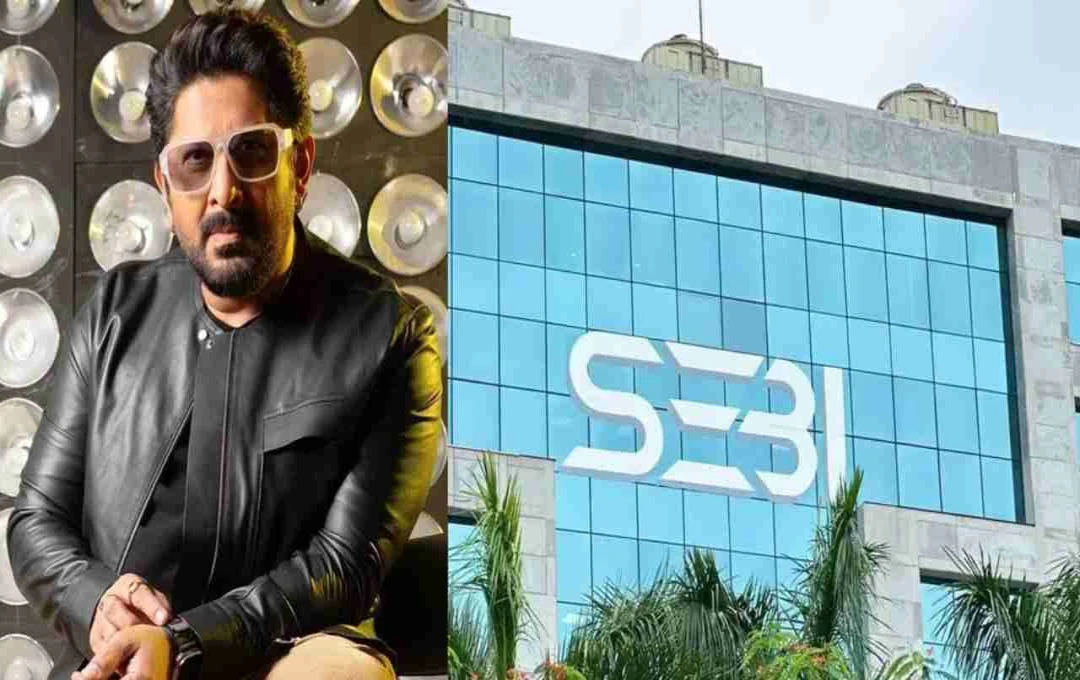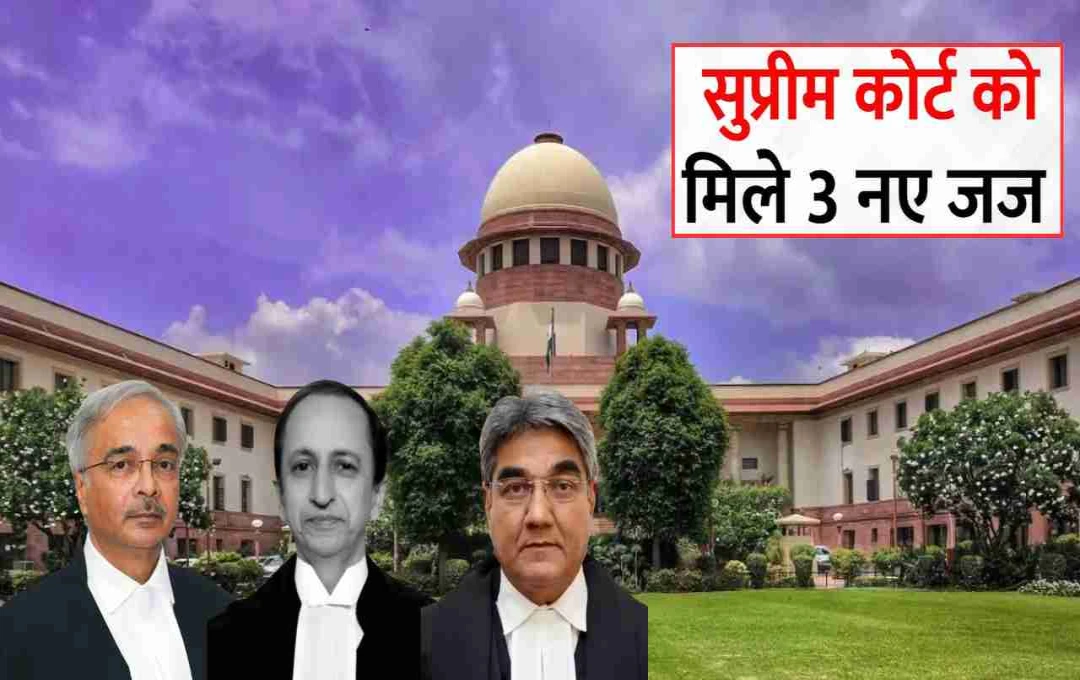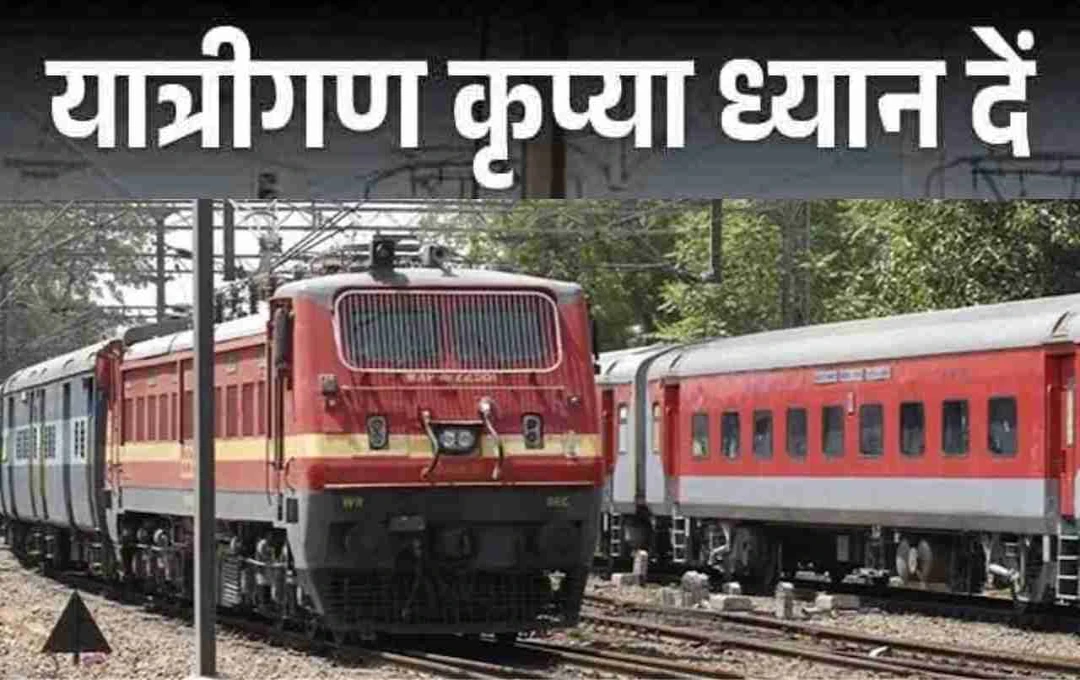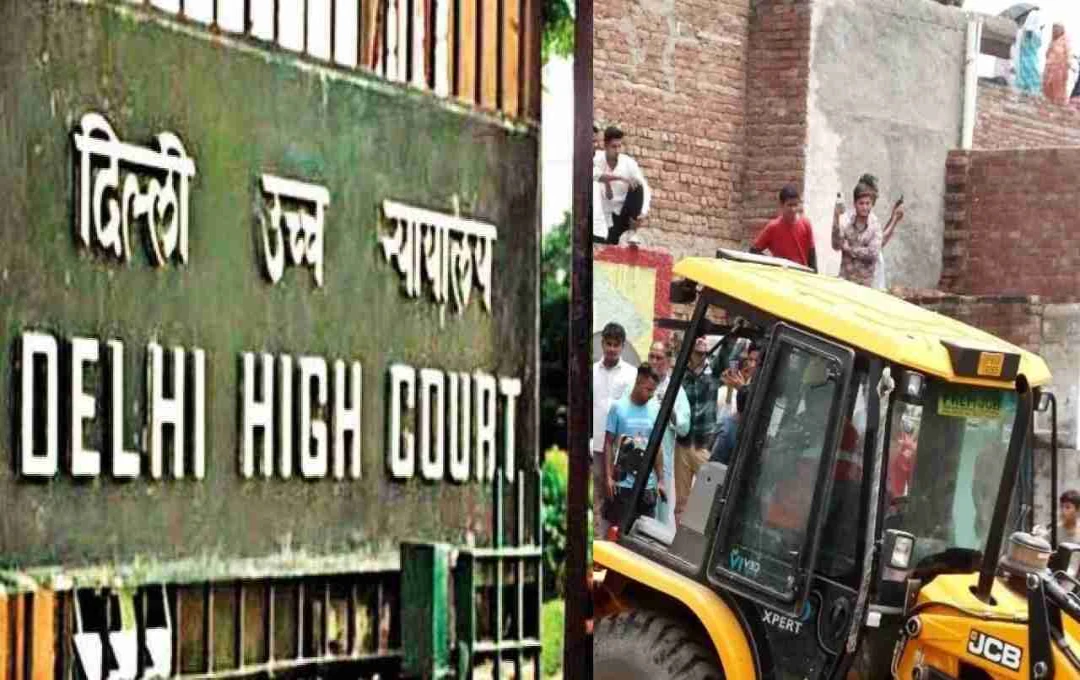The Supreme Court, in a significant order, has directed the central and state governments to increase the number of special POCSO (Protection of Children from Sexual Offences) courts to ensure speedy trials in cases related to sexual offenses against children.
New Delhi: Considering the gravity of sexual offenses against children, the Supreme Court issued a landmark order, explicitly instructing the central and state governments to increase the number of special POCSO courts across the country. The court stated that existing courts are inadequate to handle the rising number of cases and the mounting backlog of child sexual abuse cases. Therefore, special courts should be established on a priority basis to ensure swift trials.
Delays in POCSO Cases: A Difficult Path to Justice
The Supreme Court found that investigations, charge sheets, and trials under the POCSO Act are not being completed timely due to insufficient courts and a lack of resources. The bench comprising Justices Bela M. Trivedi and P.B. Varale stated that the absence of special courts is denying timely justice to victimized children and their families, exacerbating their psychological and social trauma.
The court specifically named states like Tamil Nadu, Bihar, Uttar Pradesh, West Bengal, Odisha, and Maharashtra, highlighting the high number of cases and the urgent need for special courts in these regions. The court also expressed concern that many districts have over 300 pending POCSO cases despite lacking even two dedicated courts.

Incomplete Implementation of 2019 Directives
It is noteworthy that the Supreme Court had already directed in July 2019 that at least one special court should be established in districts where the number of POCSO FIRs exceeds 100. Despite this, this directive remains unimplemented in many districts across the country. The Supreme Court appointed senior advocates V. Giri and Uttara B. Babbar as amici curiae to seek state-wise reports.
Based on these reports, the court concluded that the state of the justice system in POCSO Act cases is extremely concerning. In many cases, there are months-long delays in filing charge sheets, even though the law explicitly mandates action within a limited time frame.
POCSO Act and Trial Time Limits
According to the POCSO Act, investigations into sexual offenses against children should be completed within two months, and the trial should be concluded within one year. However, the court found that this rule is only followed on paper. The shortage of courts and administrative negligence are crippling the justice system.
According to National Crime Records Bureau (NCRB) data, thousands of cases of sexual offenses against children are registered in India every year. In 2023 alone, over 60,000 cases were registered, a large number of which are still pending in courts. The prolonged trials allow the accused to remain out on bail, causing fear and social stigma for the victims and their families.
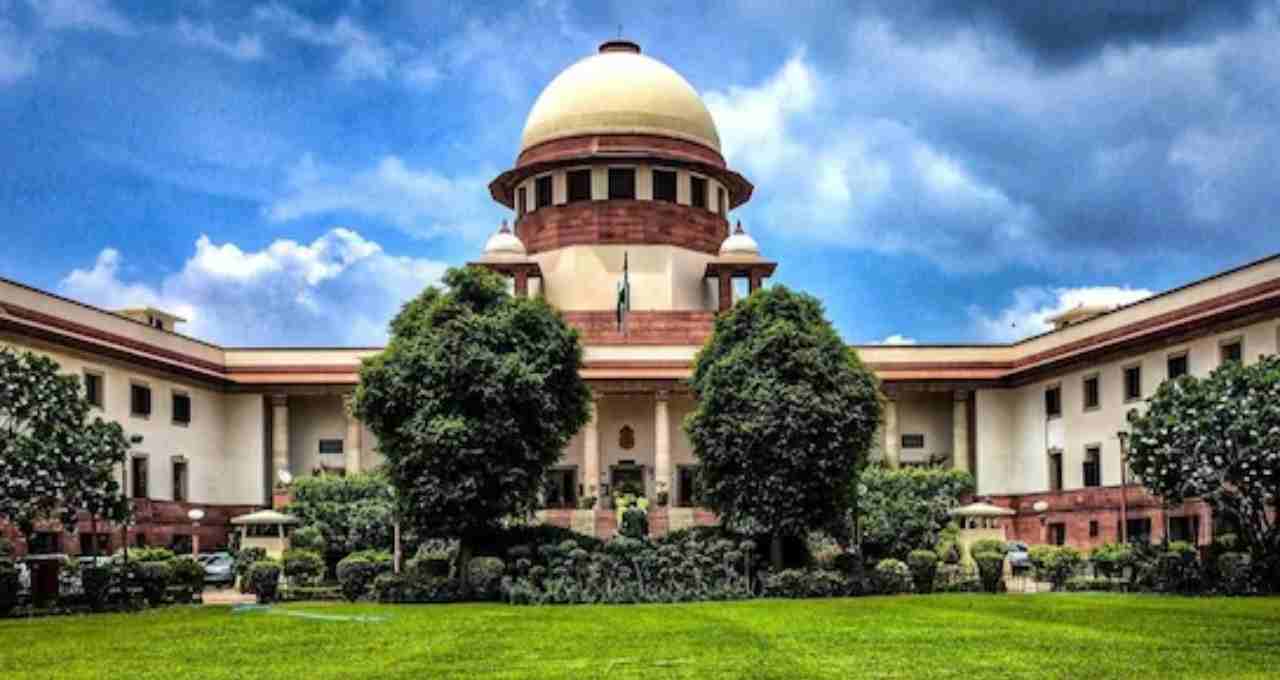
Responsibility on State Governments
The Supreme Court has instructed all states to ensure that:
- At least two special courts are established in districts with over 300 pending POCSO cases.
- At least one special court is immediately established in districts with over 100 POCSO FIRs.
- All courts are provided with necessary infrastructure, trained judges, and female staff.
POCSO cases often involve child victims who require the utmost sensitivity during judicial proceedings. The court also emphasized that the proceedings should be victim-friendly, enabling them to speak without fear or hesitation.
